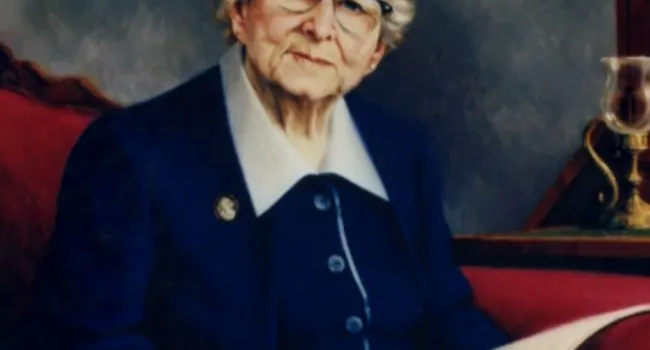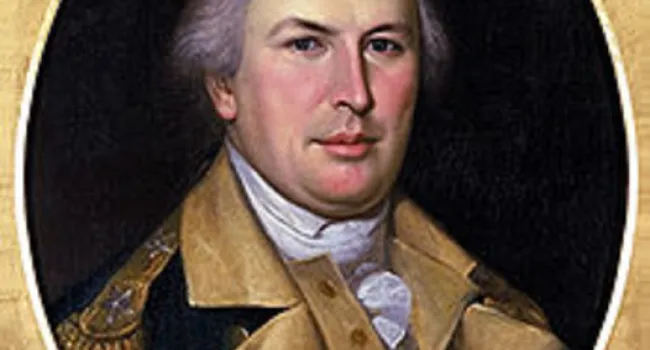“G” is for Grayson, William John [1788-1863]. Politician, planter, poet. Grayson spent much of his youth on Parris Island, the inspiration for his later pastoral verse. He graduated at the top of his class from the South Carolina College in 1809. He had several plantations on the Wando River and owned 170 slaves. He held numerous public offices, serving in both the South Carolina House and Senate, the U.S. House of Representatives and as Charleston’s Collector of Customs. Grayson is best remembered for his pro-slavery verse, The Hireling and the Slave, a rejoinder [structured in heroic couplets] to the depiction of slavery in Uncle Tom’s Cabin. Grayson found abhorrent the wage labor systems of England and the North, characterizing them as an even greater injustice than slavery. However, William John Grayson was also a Unionist and vigorously defended the principles of America’s founders.




















